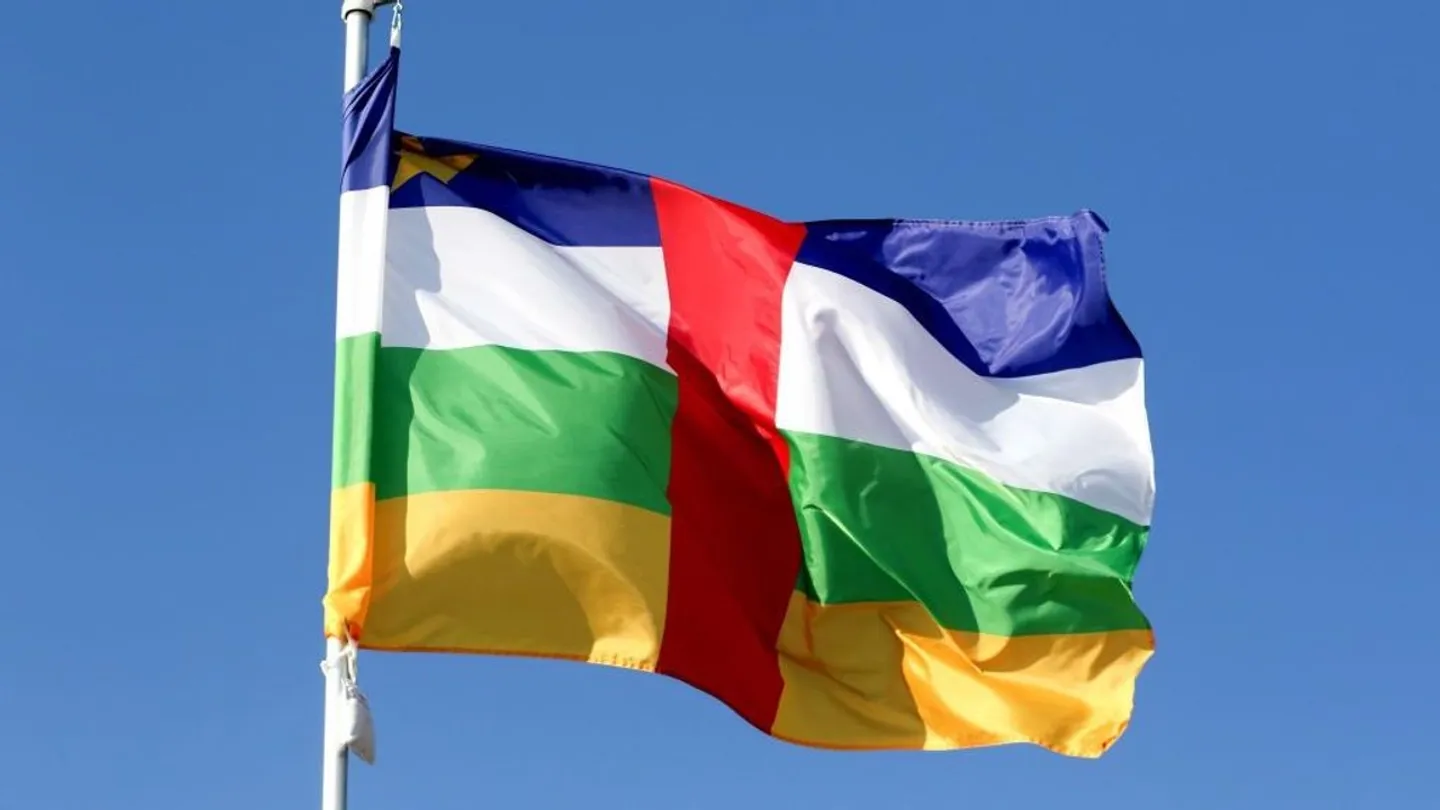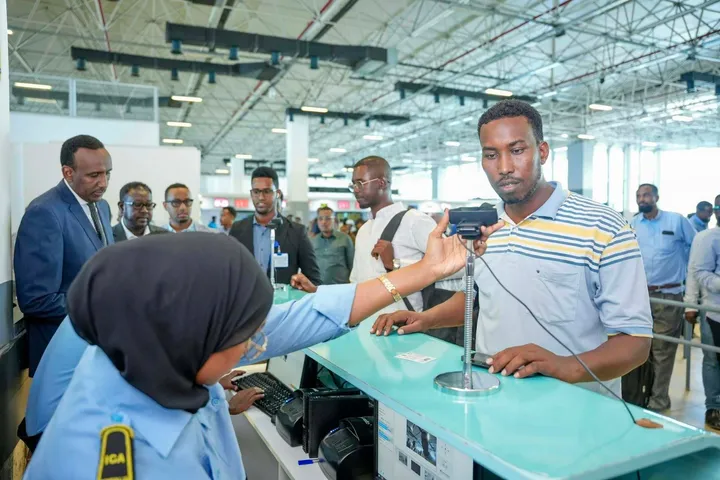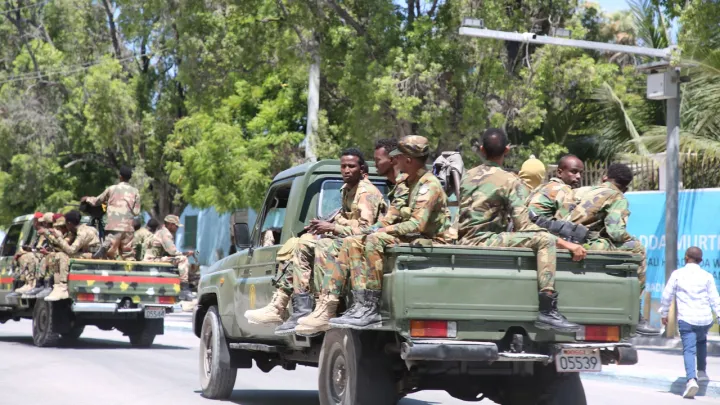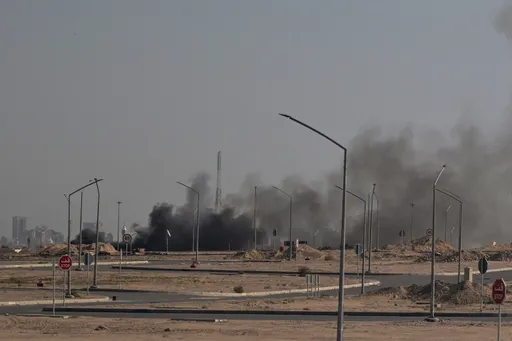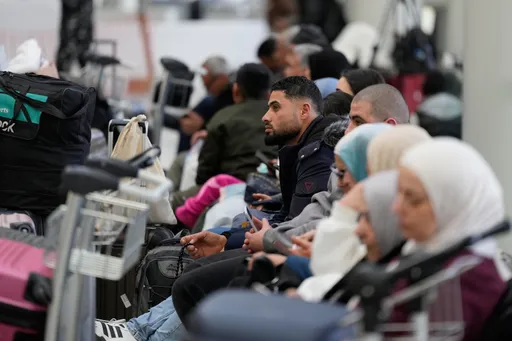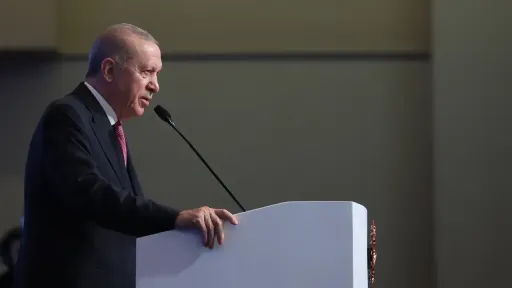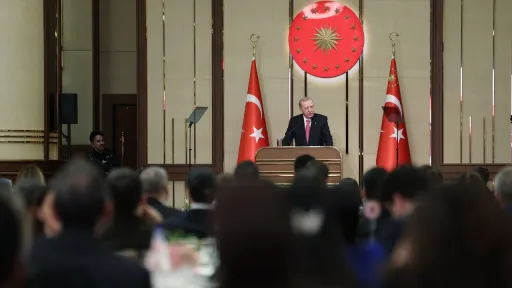The UN's top envoy in the Central African Republic (CAR) said on Tuesday that the peace process has "regained momentum" following a ceasefire agreement signed in April, but warned that upcoming budget cuts could undermine progress.
"The peace process has regained momentum and witnessed significant progress since the April 19 ceasefire agreement facilitated by Chad and signed between the Central African Government and the two most active armed groups in the country," Valentine Rugwabiza, special representative of the UN Secretary-General for the CAR, said in remarks to the Security Council.
Rugwabiza, who is also the head of the UN peacekeeping mission (MINUSCA), said the implementation of the April agreement, along with disarmament and demobilisation operations, "have translated in tangible security gains in several areas in the center and northwest of the country."
She described the December 28 presidential, legislative, regional and municipal elections as "a turning point to extend and consolidate state authority as well as anchor institutional stability."
Financial constraints
While noting improvements in parts of the country, she warned that "the situation remains challenging in the southeast and northeast border areas as the spillover from the conflict in Sudan intensified, including increased cross-border incursions by armed elements."
Rugwabiza expressed concern over financial pressures facing the mission, noting that "we have been instructed to achieve a 15% reduction of expenditures for the current 2025-2026 fiscal year through an immediate reduction of uniformed and civilian personnel, and curtailing of some activities and operations."
"This poses significant challenges for the effective delivery of the mandate given to us by this Council at a very critical and sensitive period for the Central African Republic," she added.
She urged continued international support, stressing that MINUSCA "remains central in the consolidation of security and peace gains made in the Central African Republic."
Prolonged civil conflict
The CAR descended into violence in 2013 after the Seleka rebel alliance overthrew President Francois Bozize. In response, militias known as Anti-Balaka mobilised, leading to a prolonged civil conflict.
The United Nations deployed MINUSCA in 2014 to stabilise the country.
Despite persistent unrest, Faustin Archange Touadera won the presidential elections in 2015 and again in 2020, even as armed groups continued to control parts of the country.
In early 2019, the government and 14 armed groups signed the Political Agreement for Peace and Reconciliation (APPR-RCA) in Khartoum. But the agreement failed to hold, with most major rebel groups resuming hostilities in 2021.
